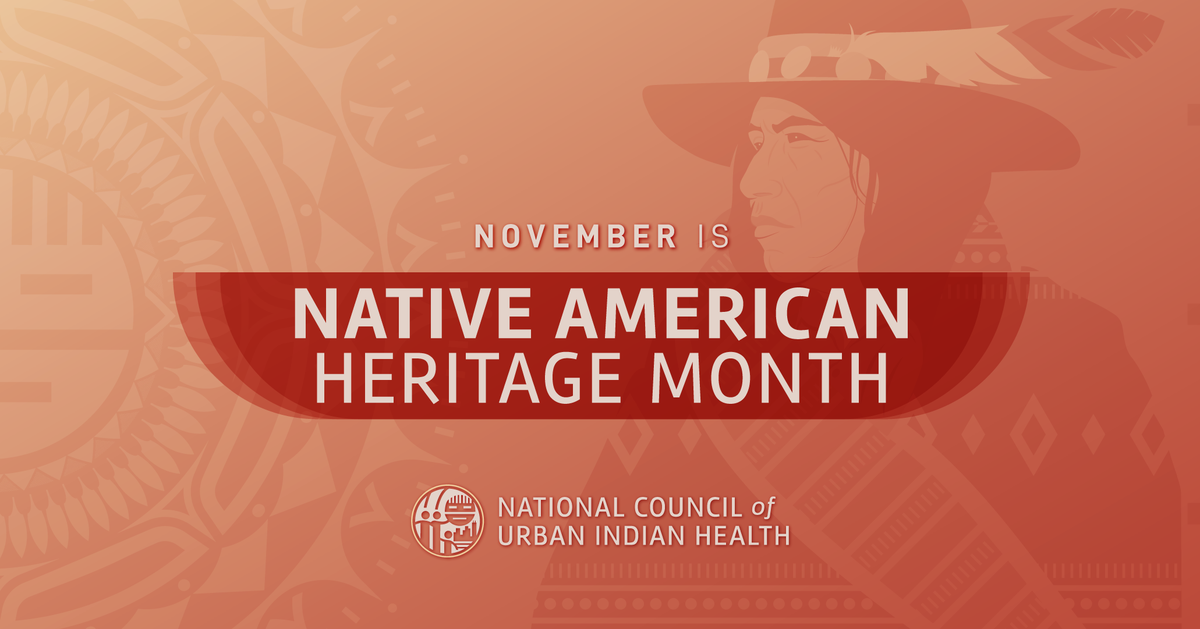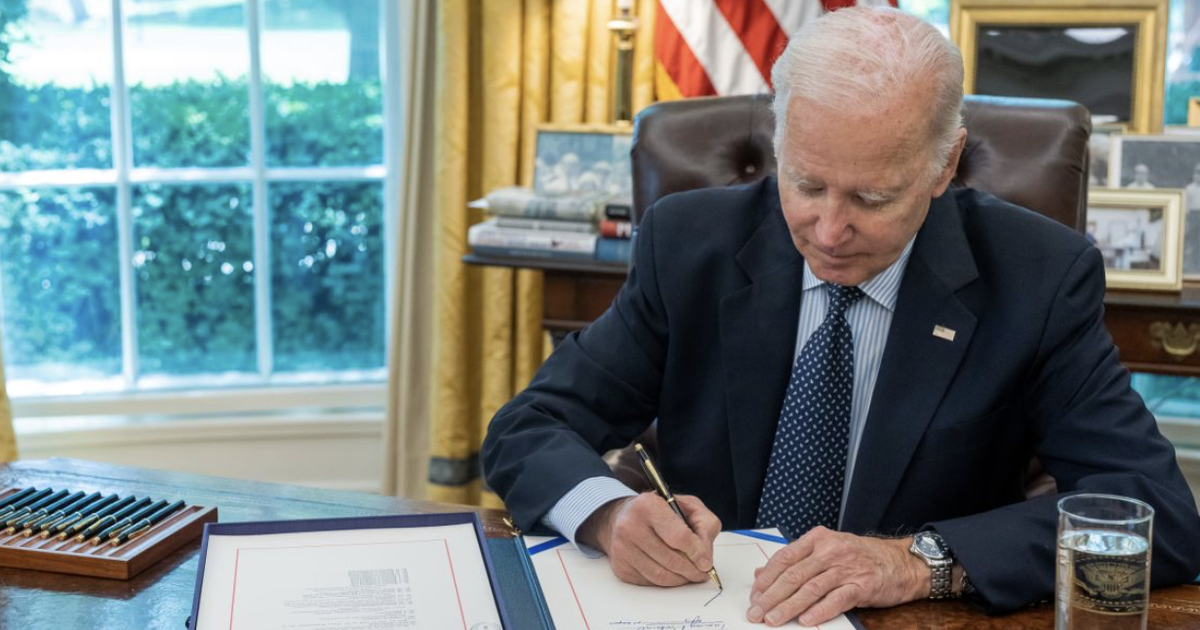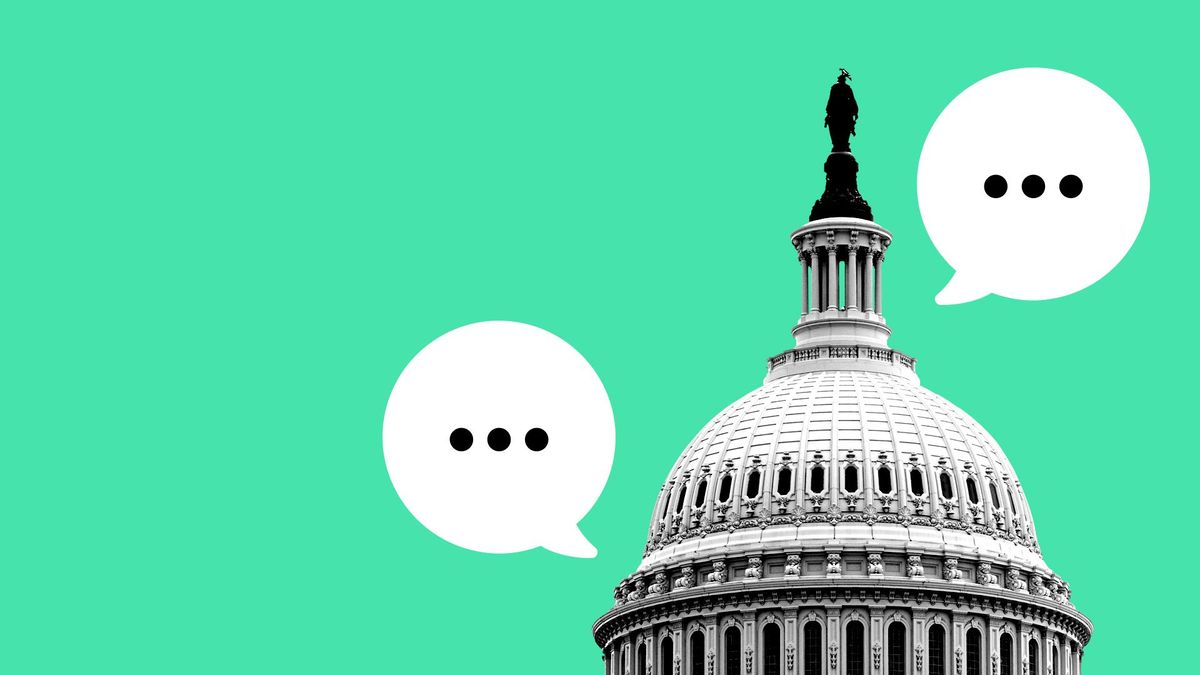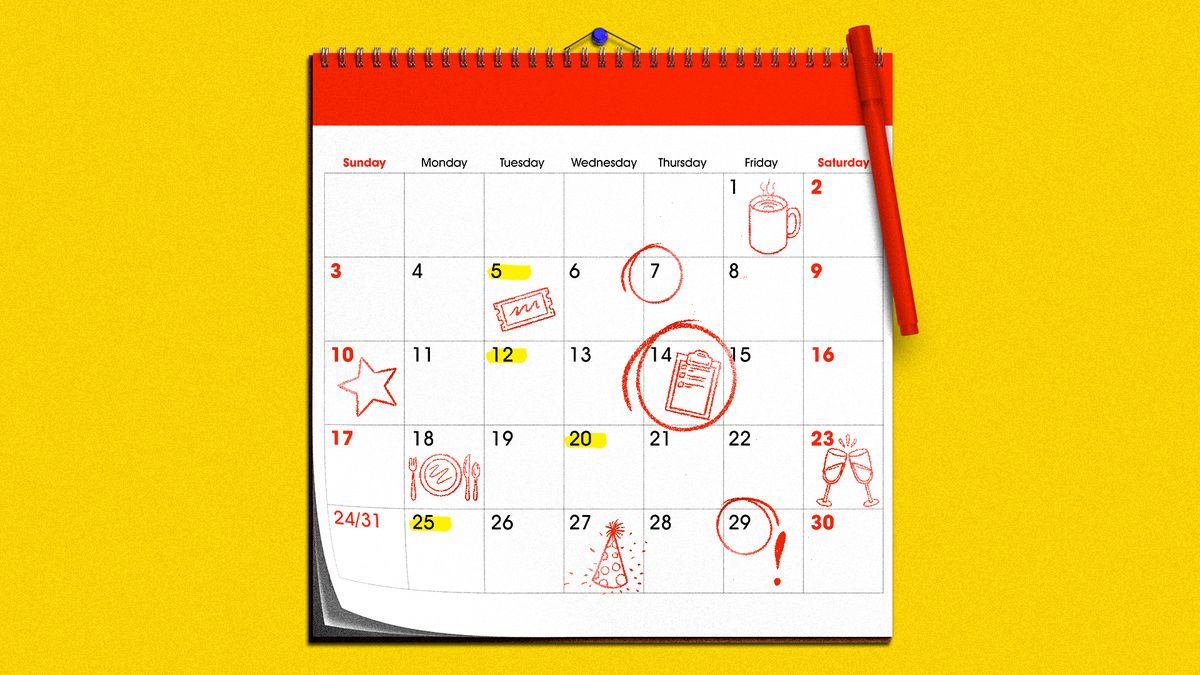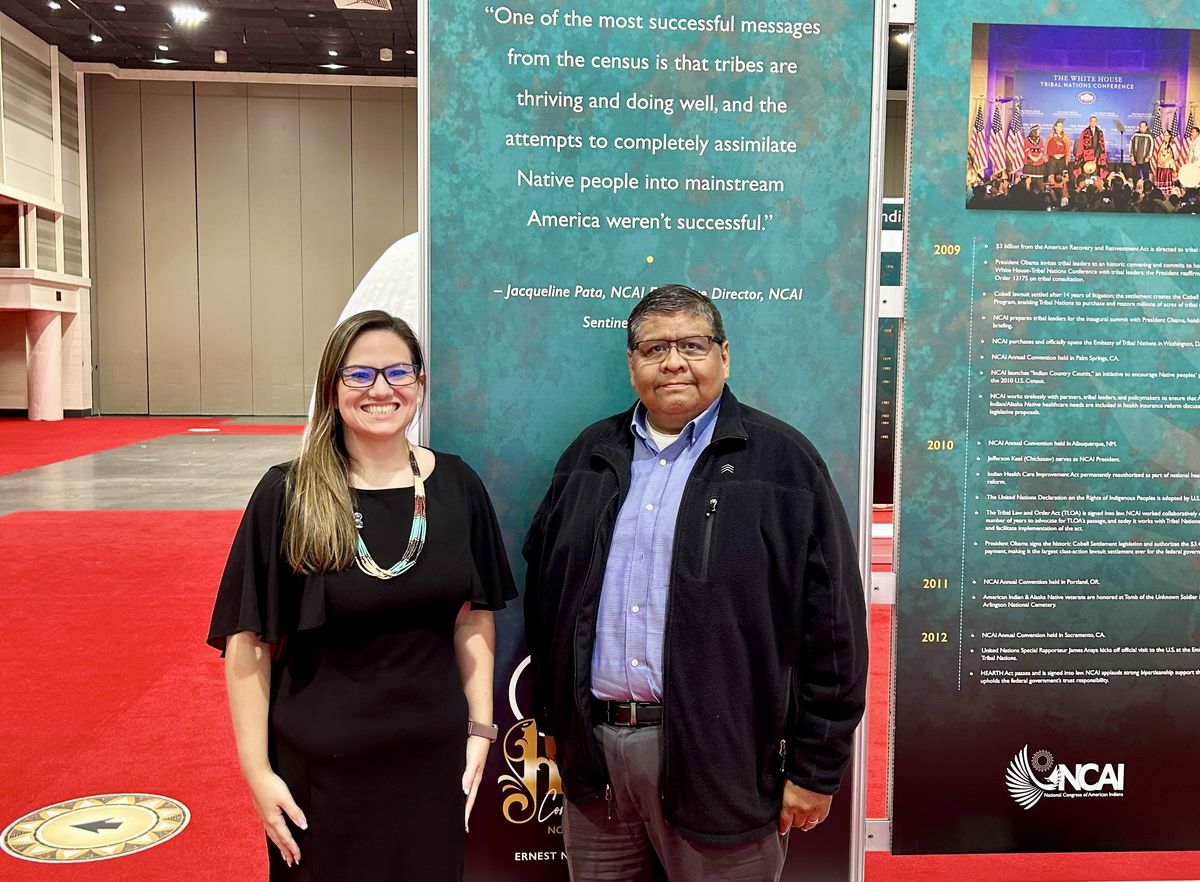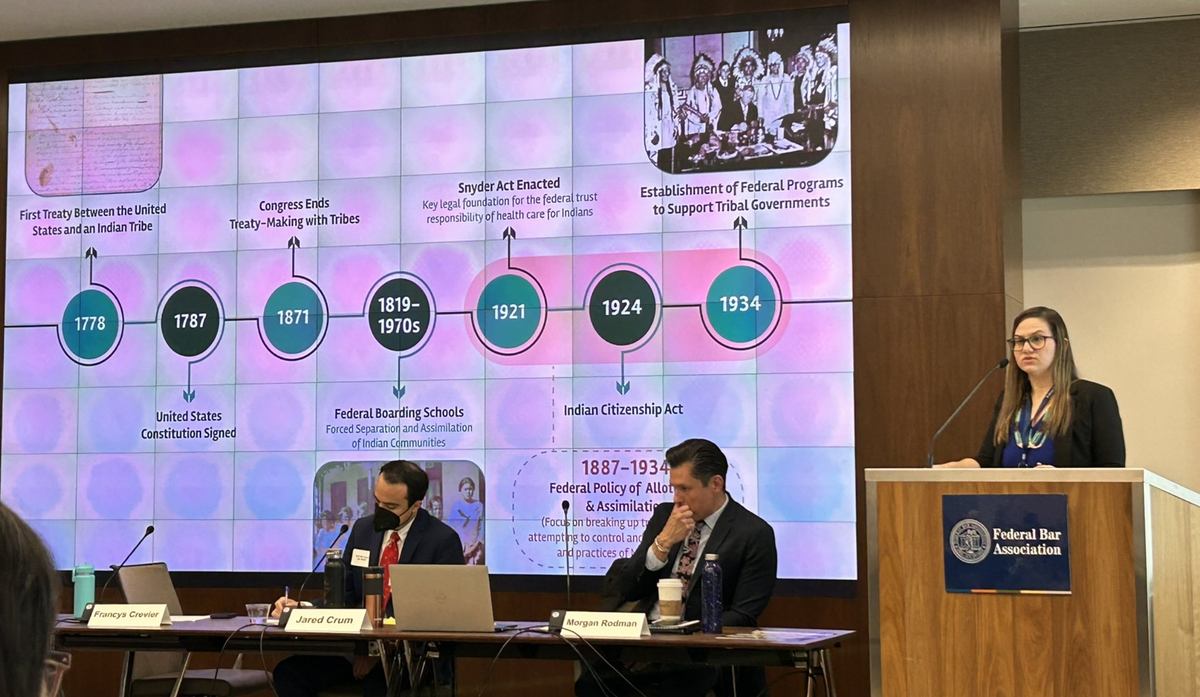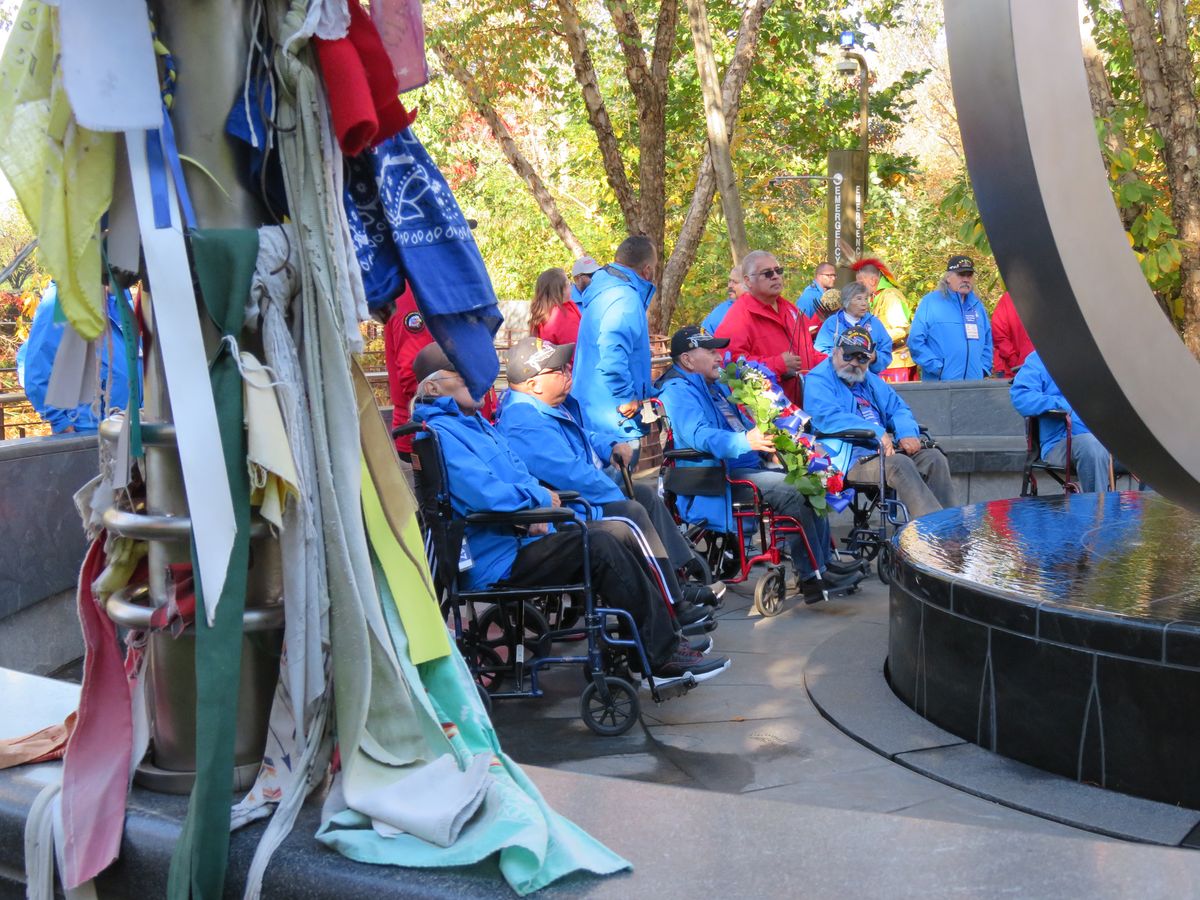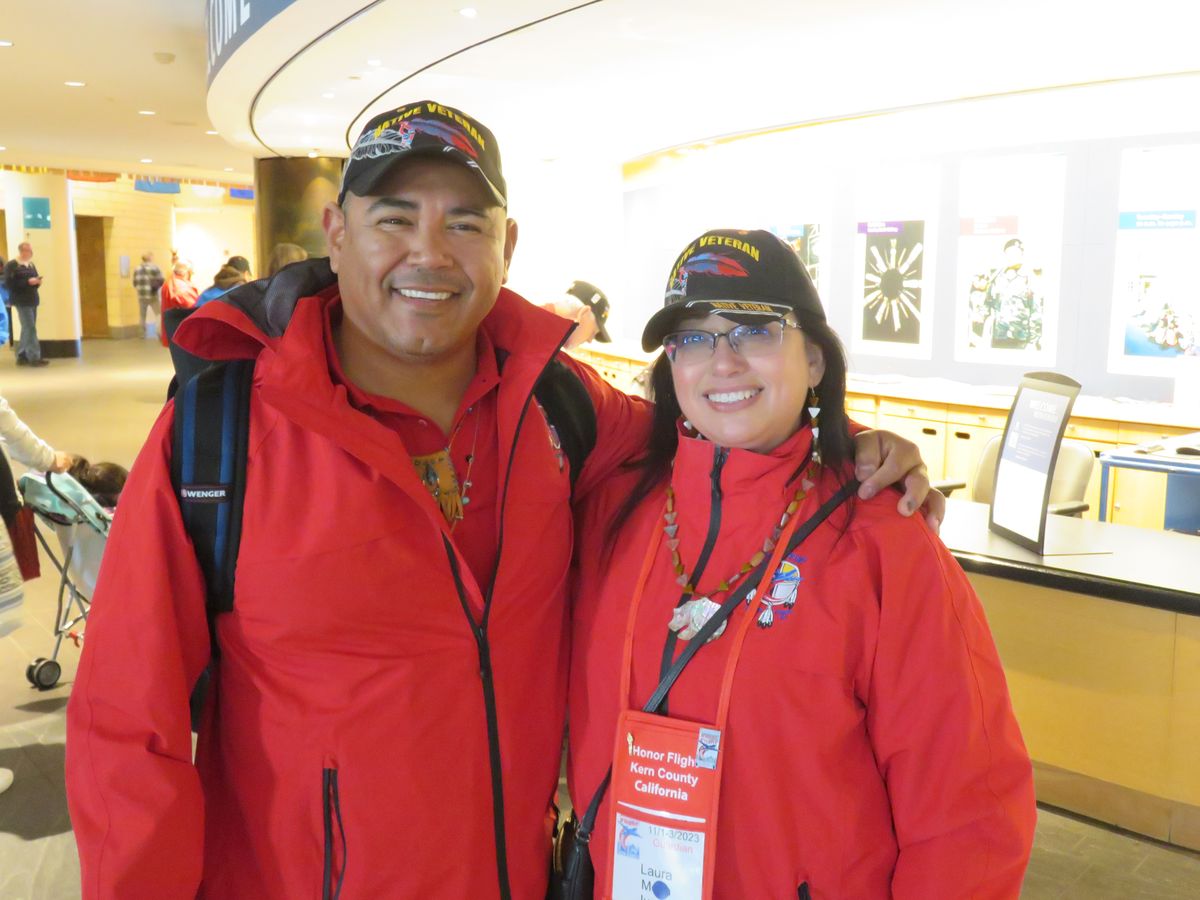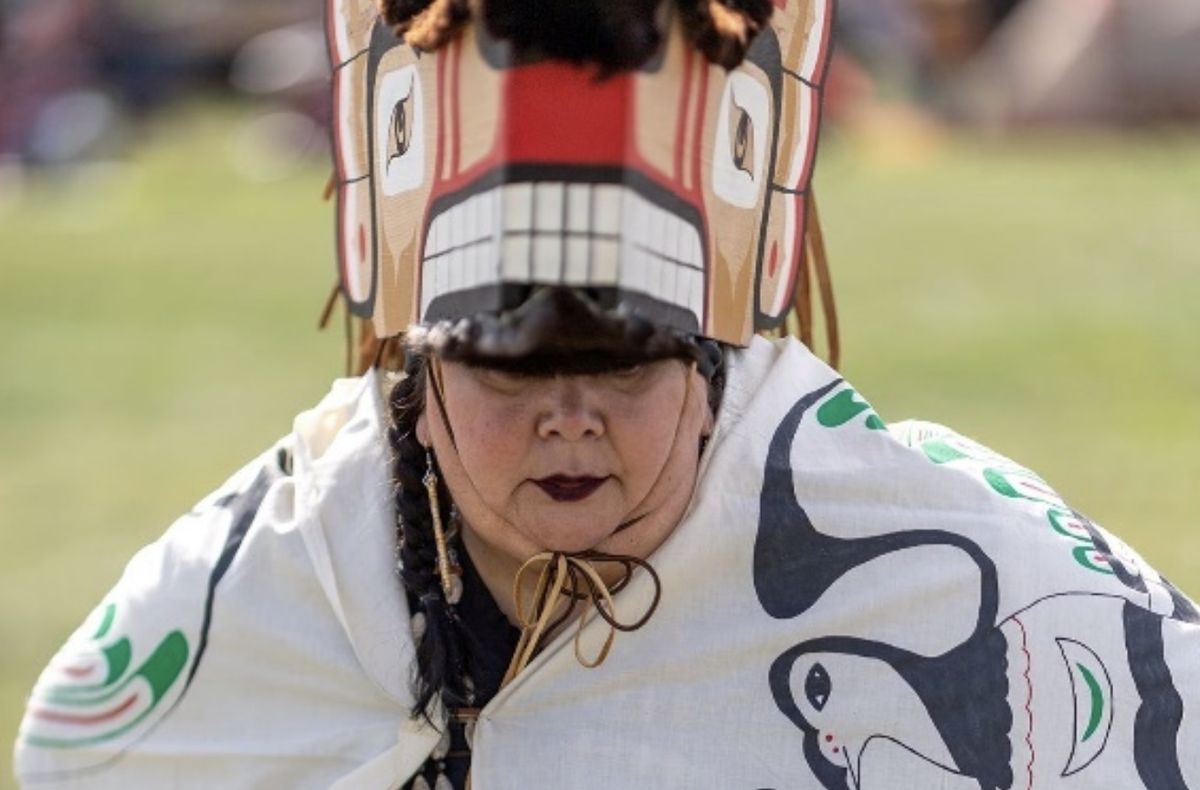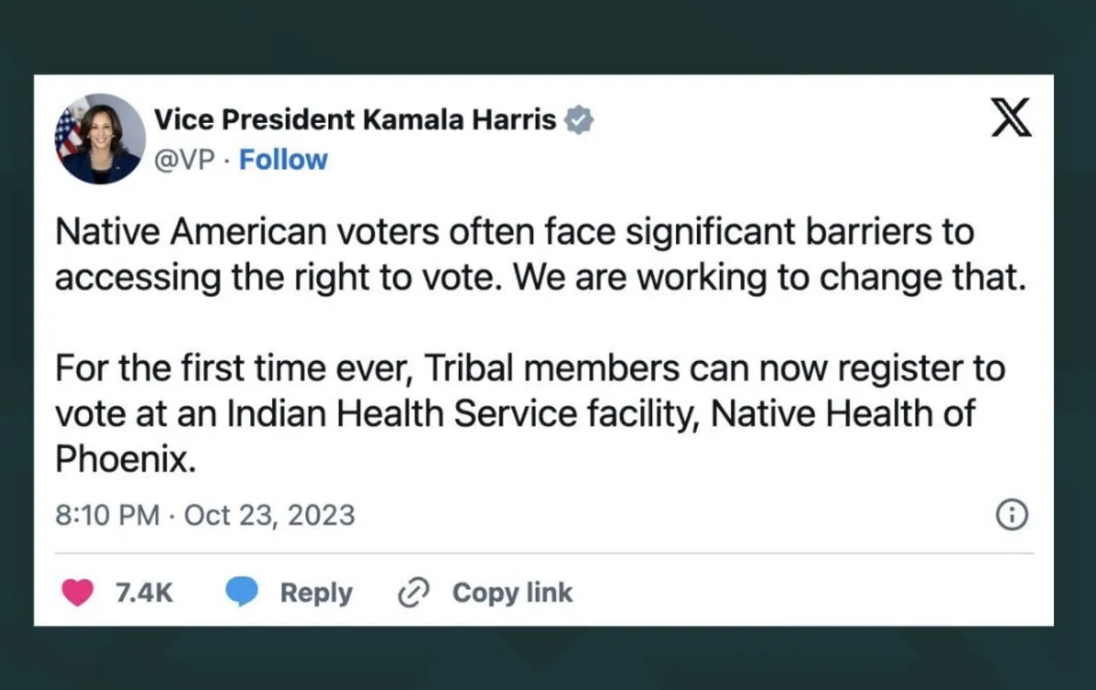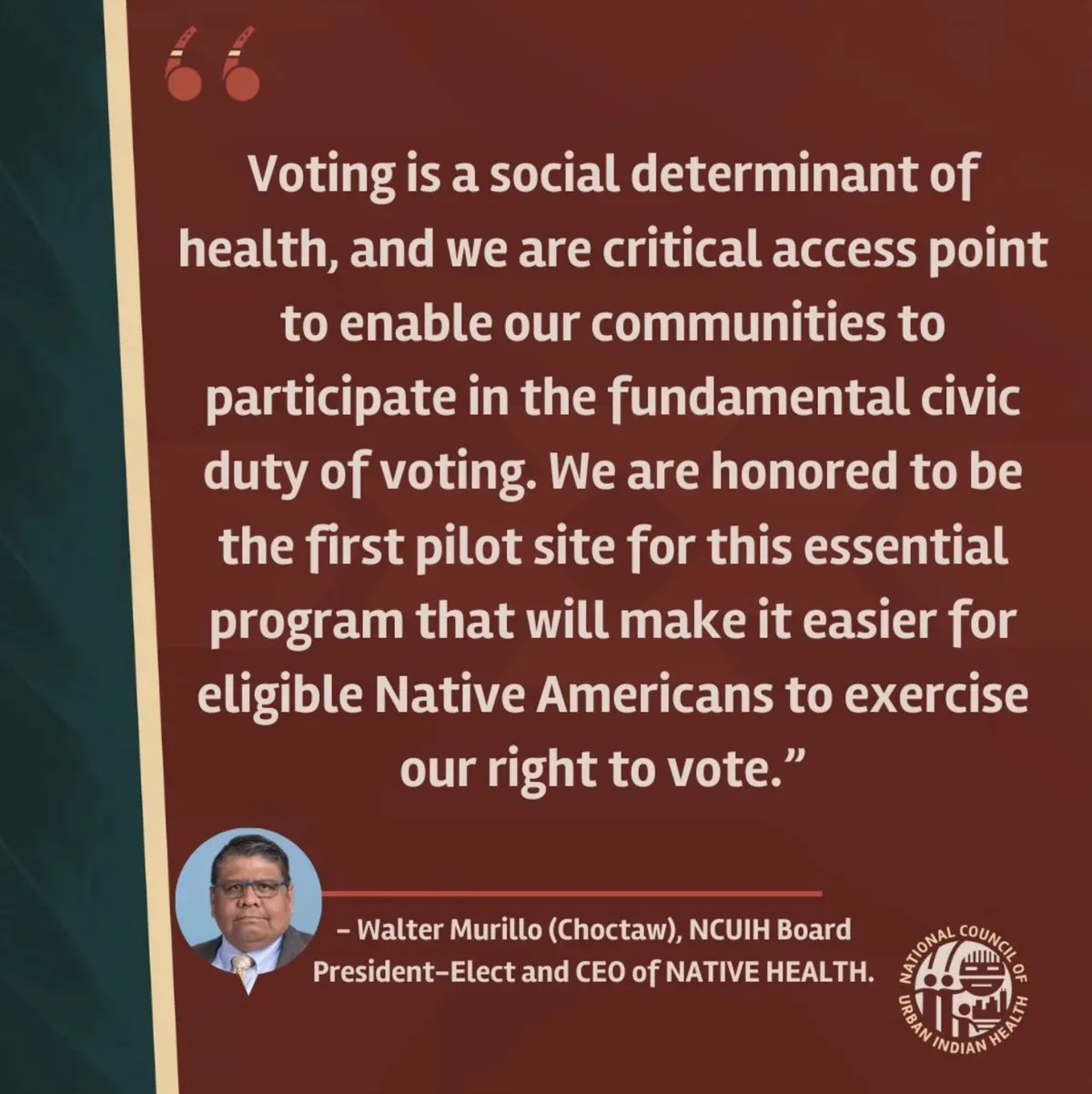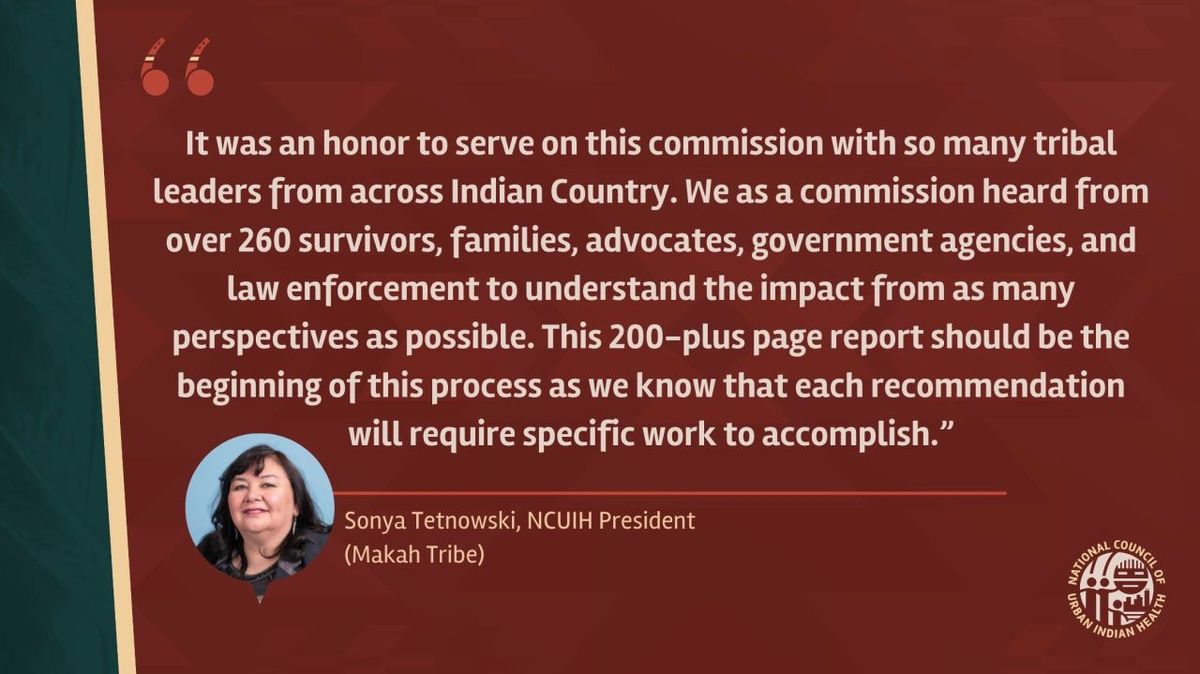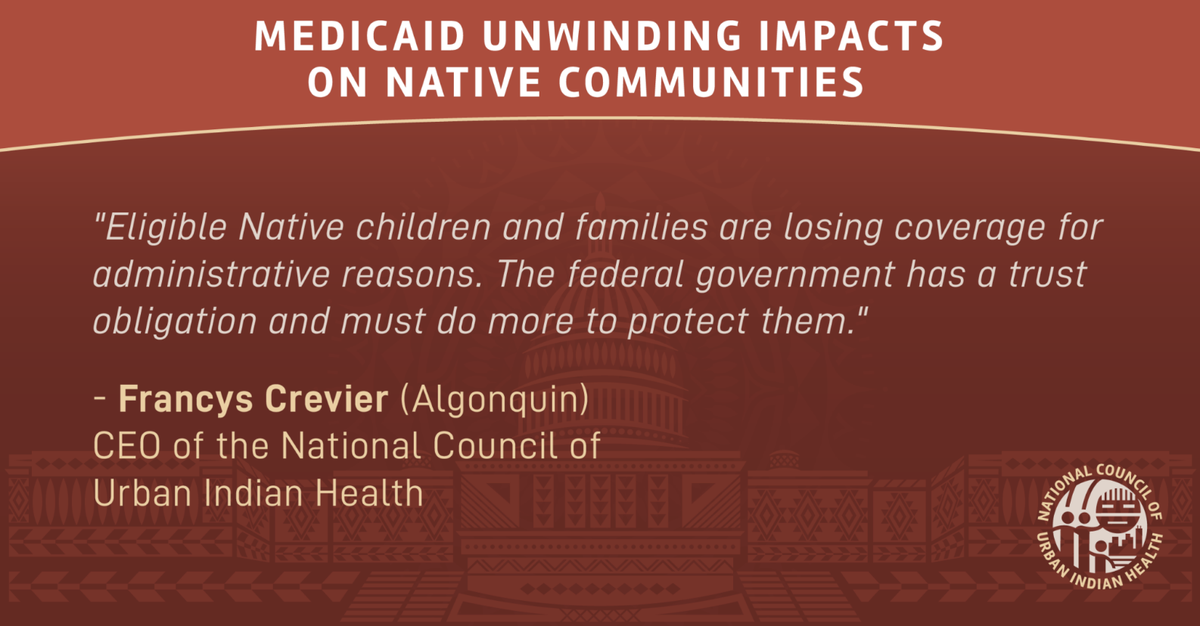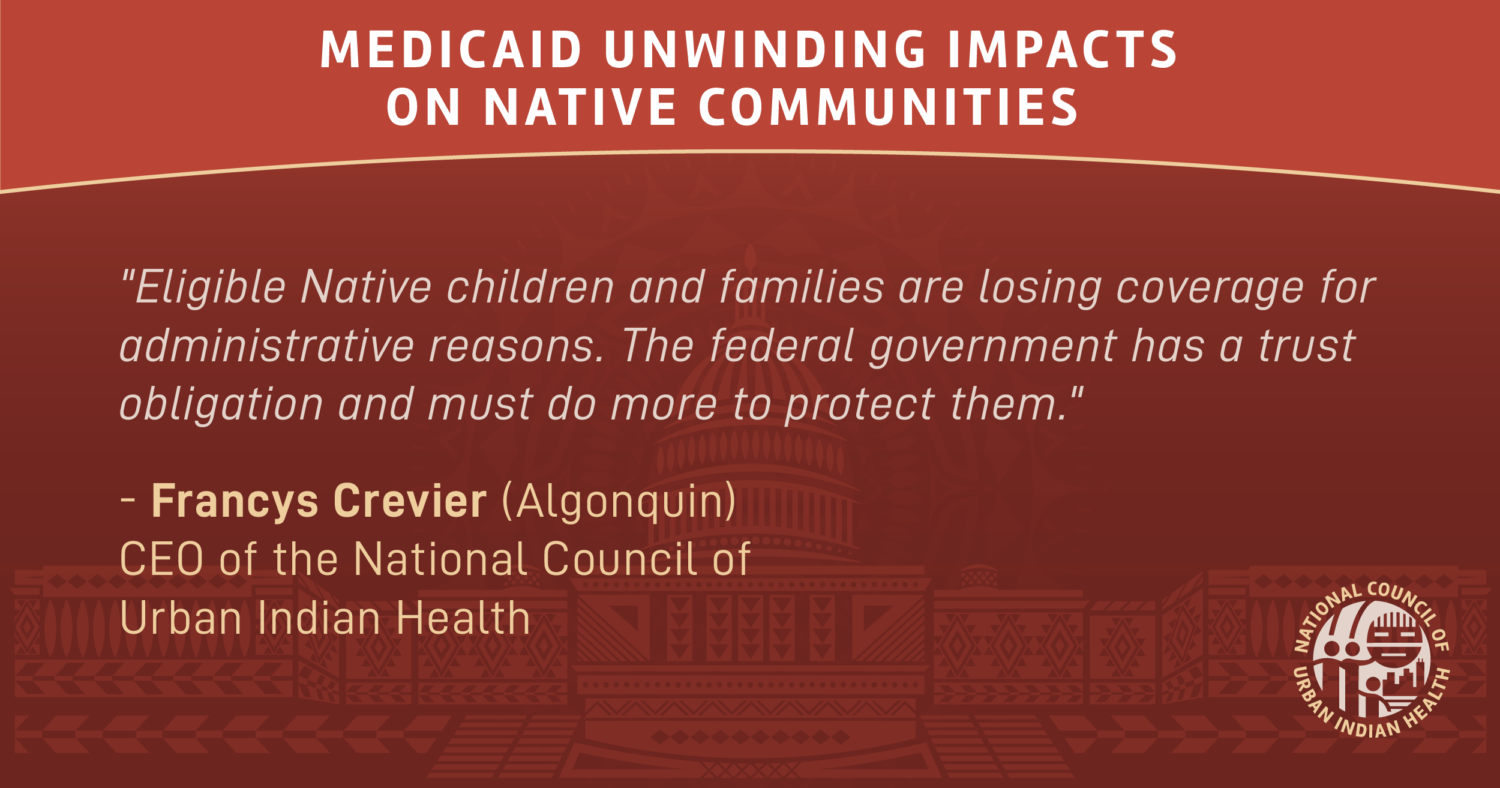American Medical Association Adopts NCUIH-Supported Resolution on IHS Improvements, Includes Key Medicaid Parity Provision for UIOs
On November 3, 2023, the National Council of Urban Indian Health (NCUIH) submitted written testimony to the 2023 Interim Meeting of the American Medical Association (AMA) House of Delegates (HOD), held on November 10-14, 2023, regarding the proposed resolution “Federal Medical Assistance Percentage Extension for Urban Indian Organizations” as part of a larger resolution, Resolution 812 (I-23), “Indian Health Service Improvements.” This testimony was read in support of the resolution and resulted in the adoption of the entire resolution by the AMA, with amendments, including the language in support of 100% Federal Medical Assistance Percentage (FMAP) for urban Indian organizations (UIOs).
In its testimony, NCUIH emphasized that “Congress must enact legislation to provide permanent 100% FMAP for Medicaid services provided at UIOs to ensure parity across the IHS healthcare system and further fulfill the federal trust obligation to provide healthcare to Native people.” NCUIH also shared examples of how the temporary extension of 100% FMAP in 2021 benefited UIOs in Washington and Montana and emphasized permanent 100% FMAP as a vehicle to provide UIOs with a much-needed source of supplemental income to support the continued provision of comprehensive and culturally competent health care.
The Reference Committee noted that 100% FMAP would “lead to enhanced and directed advocacy of priorities as identified by American Indian/Alaska Native-serving health organizations and other important stakeholders.” After discussion, the Committee recommended the entire resolution be adopted as amended. The House of Delegates adopted the resolution and its new language, which reads as follows:
“RESOLVED, that our American Medical Association supports an increase to the Federal Medical Assistance Percentage (FMAP) to 100% for medical services which are received at or through an Urban Indian Organization that has a grant or contract with the Indian Health Service (IHS) and encourage state and federal governments to reinvest Medicaid savings from 100% FMAP into tribally-driven health improvement programs.”
Adoption of this resolution means that 100% FMAP will now be a priority of the AMA moving forward. Having the support of the largest physician advocacy organization is an additional advocacy tool NCUIH and other organizations can utilize, and it shows Congress the necessity of passing 100% FMAP legislation.
Background on 100% FMAP for UIOs
Federal Medical Assistance Percentage (FMAP) refers to the percentage of Medicaid costs covered by the federal government, which will be reimbursed to the states. Congress first authorized 100% FMAP for the Indian healthcare system in 1976 because it recognized that “Medicaid payments are . . . a much-needed supplement to a health care program which has for too long been insufficient to provide quality health care to” Native people and because “the Federal government has treaty obligations to provide services to Indians, it has not been a State responsibility.” Unfortunately, UIOs were not included in this initial authorization and therefore, services provided at UIOs were not eligible for 100% FMAP.
In 2021, Congress amended the Social Security Act (SSA) to provide for eight fiscal quarters of 100% FMAP for UIOs. This amendment temporarily eased the financial burden on states by allowing states to be reimbursed by the federal government for the full cost of providing care to Medicaid beneficiaries at UIOs. As a result, some states were able to utilize the provision to increase funding to UIOs. Unfortunately, this provision expired on March 31, 2023, meaning that states once again are responsible for covering a portion of the cost of Medicaid services provided at UIOs.
About the AMA House of Delegates (HOD)
The House of Delegates (HOD) is the legislative and policy-making body of the American Medical Association. State medical associations and national medical specialty societies are represented in the HOD along with AMA sections, national societies such as American Medical Writers Association (AMWA), American Osteopathic Association (AOA) and the National Medical Association (NMA), professional interest medical associations, and the federal services, including the Public Health Service. At HOD Meetings, resolutions are referred to the Reference Committee for open discussion and to allow recommendations for HOD action. If adopted by the HOD, the resolution can become the foundation of a new AMA program, establish or modify policy on an issue, or become a new directive for action. Policies of the AMA House of Delegates are policy statements on health topics and are one of the cornerstones of the AMA as they define what the Association stands for as an organization. They provide the information and guidance that physicians and others seek from the AMA about health care issues.
The AMA Interim Meeting of the House of Delegates takes place in November every year. Materials presented at the 2023 Interim Meeting are generated by AMA delegates/delegations, the AMA Board of Trustees, AMA Councils and AMA Sections. The delegates will next meet in June for the 2024 AMA Annual Meeting in Chicago.

